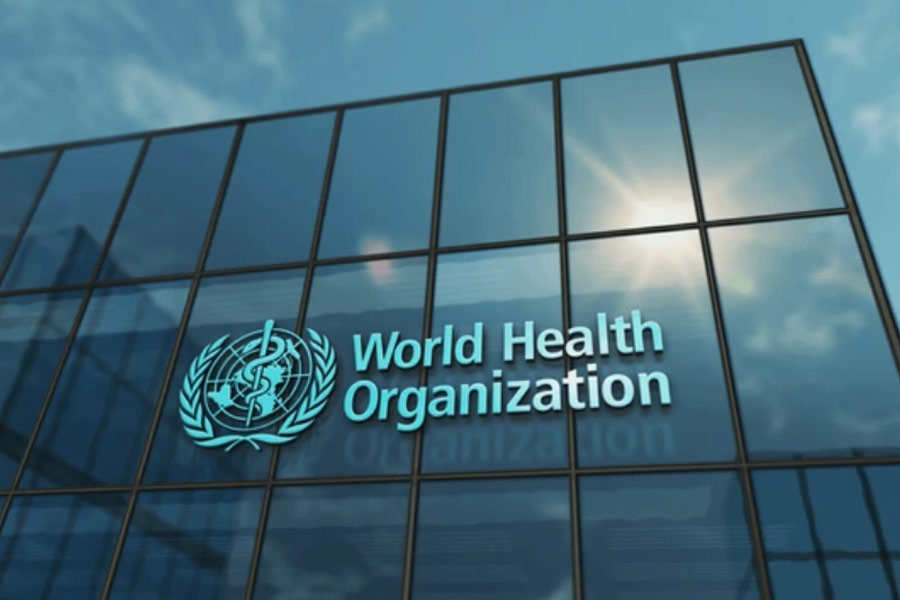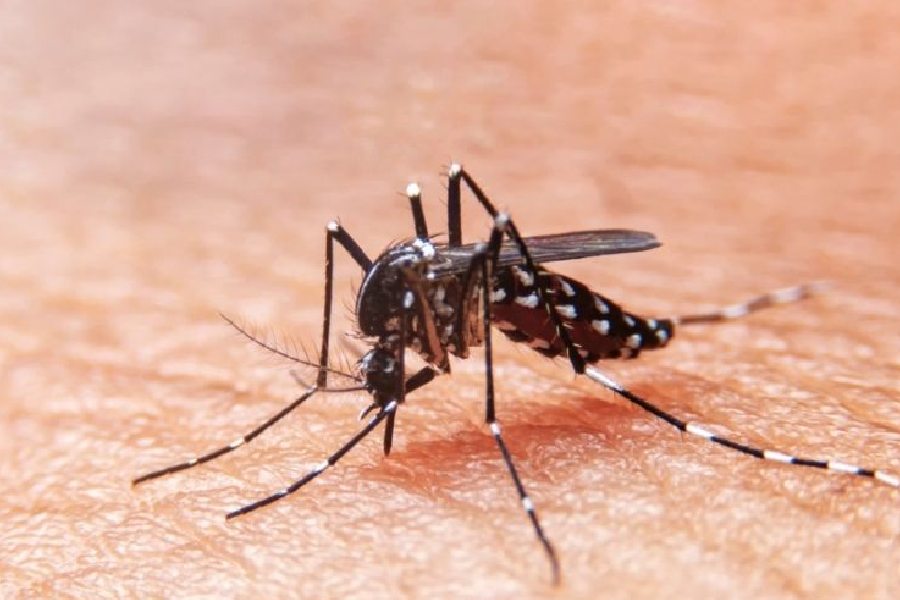The World Health Organization on Wednesday highlighted the progress made against malaria in the Southeast Asia Region and asked member countries to focus on vulnerable population to ensure equitable access to prevention, diagnosis and treatment of the vector-borne disease.
According to the 'World Malaria Report 2024', the estimated malaria cases in the region fell from 22.8 million in 2000 to 4 million in 2023 -- a reduction of 82.4 per cent.
The region, home to a quarter of the world's population, accounted for 1.5 per cent of global malaria cases in 2023, the WHO said. The estimated malaria deaths in the region fell by 82.9 per cent from 35,000 in 2000 to 6,000 in 2023.
More than 270 million malaria cases and 4,20,000 malaria deaths have been averted in the region between 2000 and 2023, the statement said.
"The progress follows the highest-ever political commitment by member countries, matched by tangible actions and unstinted efforts over the years down to the sub-national level.
"However, accelerated efforts against malaria must continue to eliminate the disease in countries where malaria persists, and to sustain the progress in countries where the disease is on the decline or has been eliminated," said Saima Wazed, Regional Director of WHO South-East Asia.
In 2022-2023, four countries in the region -- Bangladesh, India, Indonesia and Nepal -- achieved a reduction in their malaria caseload while three countries -- Democratic People's Republic of Korea, Thailand and Myanmar -- saw an increase in cases. Timor-Leste and Bhutan reported zero indigenous cases of malaria.
Overall, the region remains on track to reach the WHO's Global Technical Strategy (GTS 2016-2030) targets to reduce malaria case incidence and deaths by at least 90 per cent by 2030.
Since 2015, the baseline of the WHO global malaria strategy, estimated case incidence and death rates have fallen in the WHO Southeast Asia Region by 61 per cent and 73 per cent, respectively.
Two countries in the region -- Maldives and Sri Lanka -- were certified malaria-free by the WHO in 2015 and 2016, respectively. Timor-Leste has not reported any case of indigenous malaria for three years. Bhutan reported zero indigenous cases for the second consecutive year in 2023, and Nepal reported only 15 indigenous cases.
Cautioning against any complacency, the WHO regional director said, "We must not forget that the risk of malaria not only persists but could increase due to factors such as climate change. We must continue to do all we can to accelerate our progress against malaria." Continued strong political commitment; strengthening health systems; enhancing surveillance and ensuring strategic use of data for action; improving coordination between global, regional, and country partners; ensuring accessibility and quality of existing interventions and their acceptability with greater community ownership, and advancing an inclusive, whole-of-society approach are key to achieving a malaria-free future for all, Wazed said.
Except for the headline, this story has not been edited by The Telegraph Online staff and has been published from a syndicated feed.











